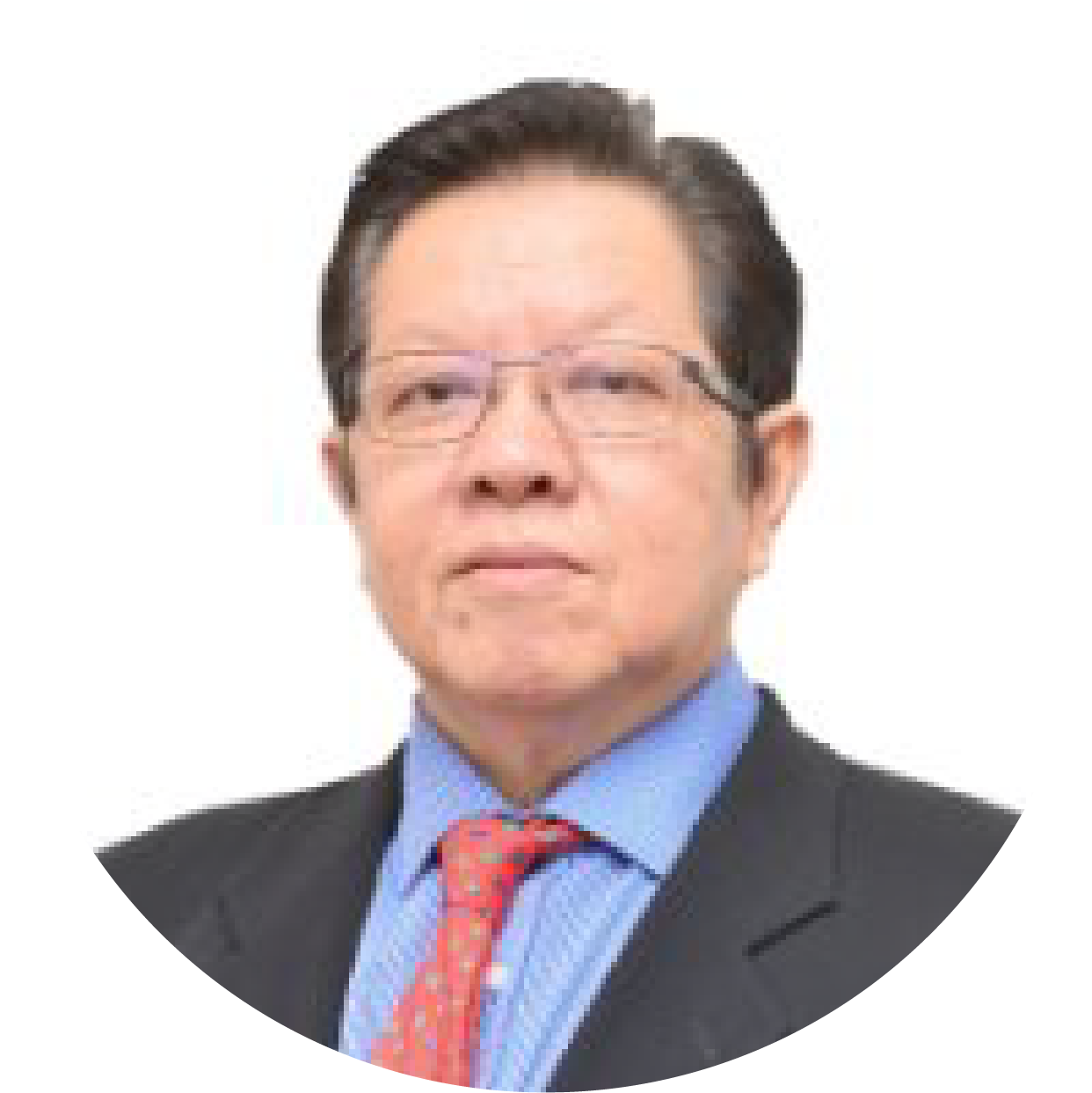
By: Professor Dr Mohd Faiz Abdullah
 Professor Dr Mohd Faiz Abdullah is the Selangor Menteri Besar’s advisor on international affairs and policy. He has authored several books among them – The Province of Shariah Determined: A Fundamental Rethink of the Shariah, and The Wars of Jurisprudence: Clash between Contractual Justice and Freedom of Contract. His fourth book, Voyage to Excellence: Strategic Management for the 21 Century, will be available at leading bookstores soon, and he is working on his fifth book, entitled Islamic State: Between Idea and the Reality.
Professor Dr Mohd Faiz Abdullah is the Selangor Menteri Besar’s advisor on international affairs and policy. He has authored several books among them – The Province of Shariah Determined: A Fundamental Rethink of the Shariah, and The Wars of Jurisprudence: Clash between Contractual Justice and Freedom of Contract. His fourth book, Voyage to Excellence: Strategic Management for the 21 Century, will be available at leading bookstores soon, and he is working on his fifth book, entitled Islamic State: Between Idea and the Reality.
The Fourth Industrial Revolution – Propelling Selangor Forward
To borrow a phrase from renowned guru of smart cities and now CIO for the State of Illinois, Har-dik Bhatt, we need to “leapfrog” from legacy technology to global leadership in becoming a smart state. While Selangor may not be a global leadership yet but aspiring to become a smart state is enough challenge. For that to happen, Selangor has to first earn the status of being the nation’s first smart state.
The onset of the Fourth Industrial Revolution is what we are witnessing now, the meshing and overlapping of domains ie. the physical with the digital realms and both with the biological sphere has created an unprecedented impact in terms of velocity, scope and systems. Not the least of which is the disruptive impact concerning existing skill sets.
According to the latest World Economic Forum (WEF)report on the future of jobs, with the ad-vent of the Fourth Industrial Revolution there isn’t time to develop major new skill sets on a large scale over decades as it was the case with previous industrial revolutions because of the unprece-dented rate of change in technological advances. Currently in many academic fields, there are situa-tions where that by the time students graduate from a four-year technical degree course, half the knowledge acquired in the first year of the course becomes obsolete.
The findings of the WEF Report suggest that practical skills will undergo accelerating change and major disruption. It is expected that in three years’ time, more than a third of skills not regarded as crucial today will actually become the core skill sets of most occupations. The impact is already noticeable in mobile internet and cloud technology, advances in computing power and Big Data, crowd sourcing and peer-to-peer platforms. The report highlights the rise of the middle class in emerging markets and as we are witnessing, young demographics, rapid urbanization, changing work environments and flexible working hours.
Developed economies with longevity and ageing societies are witnessing new consumer concerns about ethical and privacy issues, women’s rising aspirations and economic power. As we approach 2020, increasing presence will come from advanced robotics and autonomous transport with artificial intelligence and machine learning, advanced materials, biotechnology and genomics.
Not surprisingly the drivers of change in the technological sector all point to the fact that the speed of change and the rate at which certain skills become obsolete should give us pause and compel us to take urgent steps to recalibrate our human resource strategies.
What does this mean for Selangor?
While Selangor is moving towards becoming a smart state, the Fourth Industrial Revolution will undoubtedly herald a new era of job opportunities to that end in a myriad of fields opened up with creative innovation, however, the trade-off will be the loss of jobs that were once needed under the old paradigm.
Thus, failure to implement changes in the modalities of instruction as well as syllabic content will render not just the courses but the university faculties and schools to be increasingly divorced from the demands of reality. The benchmark for excellence then must first and foremost be founded on academic quality, commercial and industrial utility.
Therefore, the strategic thrust must be geared towards transforming from a labour-intensive economy to a knowledge economy where creative innovation plays a central role. Innovation is the ability to “change the rules of the game”, deliver new products and services and apply ideas that are creative, novel and useful. However, in light of the disruptive nature of the Fourth Industrial Revo-lution and the rapid pace of change, strategies for the attainment of smart state must in all circum-stances factor in the anticipated impact of the changes that will result. Moving towards a smart state would require a new workforce strategy of which a major requirement will be “skills evolution.”
A mindset transformation amongst Government Linked Companies (GLCs) is warranted to op-timize talent pooling in areas such as reinventing the HR function, utilizing data analytics, talent diversity, leveraging flexible working arrangements and online talent platforms for the short term.
Selangor the Future of Malaysia
The direction for the longer term, has already been spearheaded by the State Government and it en-tails rethinking education systems, incentivizing lifelong learning, cross industry and private-public collaboration. In line with its people-centric citizen engagement strategic thrusts, human resource building initiatives are bound with a democratization of education and skills training agenda to ex-pand the accessibility of tertiary institutions as TVET opportunities to the rakyat. At the end of the day, the leadership factor is crucial in propelling Selangor’s change into a regional smart state. It is in this regard that the role of the Menteri Besar is crucial and goes beyond just holding on to the reins of power but also to be a beacon of enlightenment in governance.
With all that in place achieving a regional smart state status in the Fourth Industrial Revolution will no longer be a mere dream but a realistic aspiration capable of full realization.





